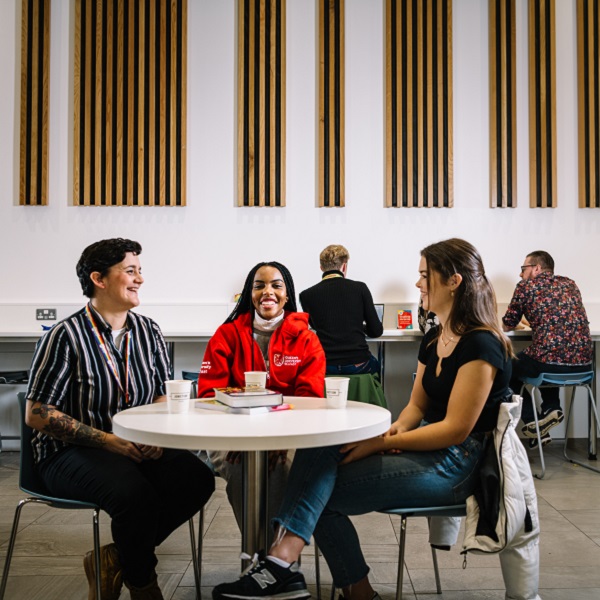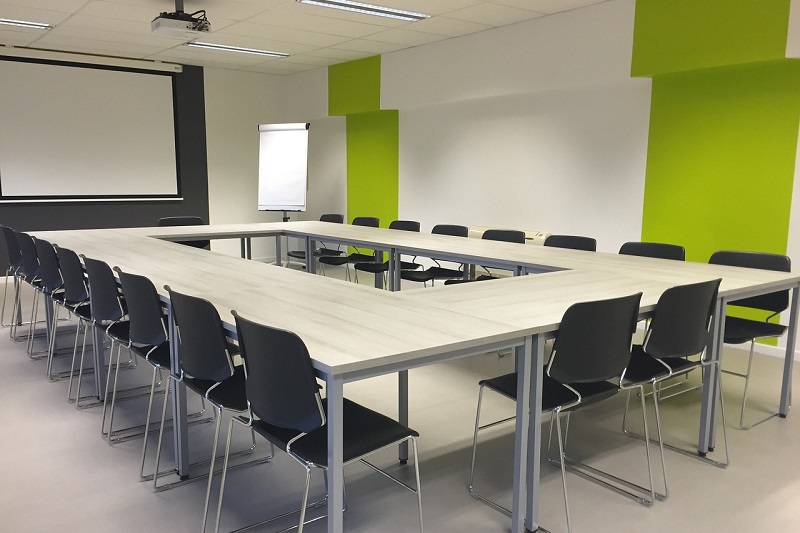Representation
It is essential to the PDC and Queen's that:
- Researchers at Queen's have a positive experience
- The support we provide is of quality and addressing the needs of current postdocs
- Researchers have a platform to express their opinion, issues and ideas
- The policies and guidance we develop are reasonable and suit researchers and their managers
- The experience of postdocs and researchers is consistent across the institution (aka. they have access to opportunities as similar as reasonably possible in different Schools)
- Postdocs and researchers have the opportunity to develop leadership by driving the organisation of local events
Consultation and input from postdocs and academics from across the University are thus primordial, and Queen's is establishing new mechanisms to facilitate this:
- PROG: University-wide committee deciding on the main priorities and directions; it includes both postdoc and academic representatives alongside relevant members of professional services (introduced in 2020)
- PDC Representatives Network: this network inputs on initiatives and events undertaken by the PDC, shares good practice between different Schools and Faculties and runs local initiatives (established January 2022)
- Postdoc Society: this postdoc-led group of volunteers organise social events, research-related events (seminars and symposia) and specialist training etc. for their peers (established December 2022). It is funded and supported by the PDC.
As a postdoc or researcher, it is important that you attend gatherings organised by your representatives and let them know what you think. You can also volunteer to help your representatives or become one yourself when positions are advertised, as well as join your Faculty postdoc society.
You can develop many skills and experience by taking part in the organisation of events for postdocs, such as career events, symposia, the Postdoc Showcase or National Postdoc Appreciation Week events.
The PDC Representatives' Network was established in January 2022 and membership includes postdocs and academics from Schools across the three Faculties within the university.
The representatives provide feedback and input on PDC initiatives by defining and shaping priorities so that the PDC's provision remains relevant to Queen's postdocs from various areas. Individual Schools and Faculties decide how they want to be represented, with some choosing to have more than one representative.
Representatives relay their opinions, requirements and issues, including those raised by postdocs within their local areas to the PDC. They also help to communicate opportunities and relevant information to postdocs, academic staff, and senior management within their local areas.
Representatives also act as "champions" for their schools/centres and act as a point-of-contact for postdocs by linking with their senior management team, organising local gatherings, events and communications, and monitoring the implementation of policies and practices where appropriate. They may seek a wider team of postdoc volunteers to help with some aspects of their role.
Follow the link below to the 'PDC Representatives Network' to view profiles of current representatives within your local area. To view representatives names at a glance, please continue to the accordions below.
The priorities of the PDC and the Representatives' Network are set by Queen's Institutional Researcher Development Concordat Action Plan. Follow the link below to 'Ongoing work and progress' to find out more about the challenges and initiatives being undertaken as part of our Action Plan.
-
Representatives for the Faculty of Medicine, Health and Life Sciences
School of Biological Sciences
Postdocs: Dr Simon Haughey (s.a.haughey@qub.ac.uk)School of Nursing and Midwifery
The Patrick G. Johnson Centre for Cancer Research
Postdoc: Letitia Mohamed-Smith (l.mohamed@qub.ac.uk)Academic: Dr Donna Small (d.small@qub.ac.uk)School of Pharmacy
Academic: Prof Gerd Wagner (G.Wagner@qub.ac.uk)Centre for Public Health
Postdocs: Dr Victoria Child (v.child@qub.ac.uk)Academic: Prof Christopher Cardwell (c.cardwell@qub.ac.uk)Wellcome-Wolfson Institute for Experimental Medicine
Postdoc: Dr Karla O'Neill (karla.oneill@qub.ac.uk)Academics: Dr Aoife Rodgers (aoife.rodgers@qub.ac.uk) - Representatives from the Faculty of Engineering and Physical Sciences
School of Chemistry and Chemical Engineering
Postdoc: Dr Hugh O'Connor (h.oconnor@qub.ac.uk)School of Electronics, Electrical Engineering and Computer Science
Academic: Dr Richard Gault (Richard.Gault@qub.ac.uk)School of Mathematics and Physics
Postdoc: VacantAcademic: Dr Ryan Milligan (R.Milligan@qub.ac.uk)School of Mechanical and Aerospace Engineering
Postdoc: Dr Mariana Silva (m.silva@qub.ac.uk)Academic: Dr Scott Millen (scott.millen@qub.ac.uk)School of Natural and Built Environment
Academic: Professor Wesley Flannery (w.flannery@qub.ac.uk)School of Psychology
Postdoc: Dr Sharon Millen (s.millen@qub.ac.uk)Academic: Dr Gülseli Baysu (G.Baysu@qub.ac.uk) - Representatives from the Faculty of Arts, Humanities and Social Sciences
School of Arts, English and Languages
Postdoc: Dr Taarini Mookherjee (t.mookherjee@qub.ac.uk)Academic: Dr Alison Garden (A.Garden@qub.ac.uk)School of History, Anthropology and Philosophy and Politics
Postdoc: VacantSchool of Law
Postdoc: Dr Erika Jiménez (e.jiminez@qub.ac.uk)School of Social Sciences, Education and Social Work
Postdoc: Vacant - PROG Faculty Representatives
The PROG academic representatives for each Faculty also attend the PDC Representatives' Network meetings and link with the representatives from the Schools in their Faculty, and provide regular reports to Faculty committees (usually the Faculty Research Committee).
MHLS: Dr Gunnar Schroeder (G.Schroeder@qub.ac.uk)

The Postdoc Society is led by and made up of postdocs and research staff from all Faculties at Queen's.
The society was established in October 2022 to support Postdocs and Research Staff during their time at Queen's.
The society will play a crucial role in organising events and initiatives that promote networking between researchers across the institution and within their own Faculties, including social events, research-related events (seminars and symposia) and specialist training etc. The society will also advocate for postdocs through their links with the PDC and other committees.

